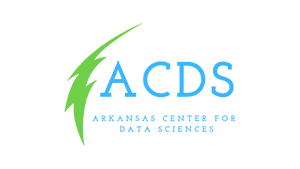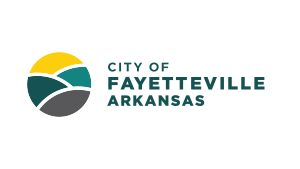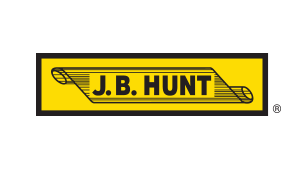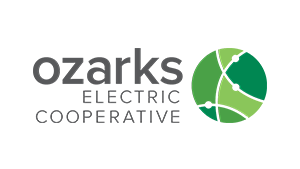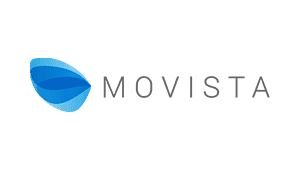Advance your career or start a new one with professional and workforce development classes offered by University of Arkansas academic colleges and industry experts. Our customized training brings experts to your organization to help fill skills gaps and boost productivity.
Browse Our Courses & Programs
Register Soon
Featured Programs
Customized Training Services Available
Get training designed just for your organization. We work with industry experts and University of Arkansas faculty and staff to create training that fits your needs and budget.
- We offer a free, initial needs assessment meeting to help identify your needs and craft solutions.
- Training can be provided online or face-to-face at our location or yours.
- We can assist qualified organizations with grant applications to offset training costs.
Our Clients
